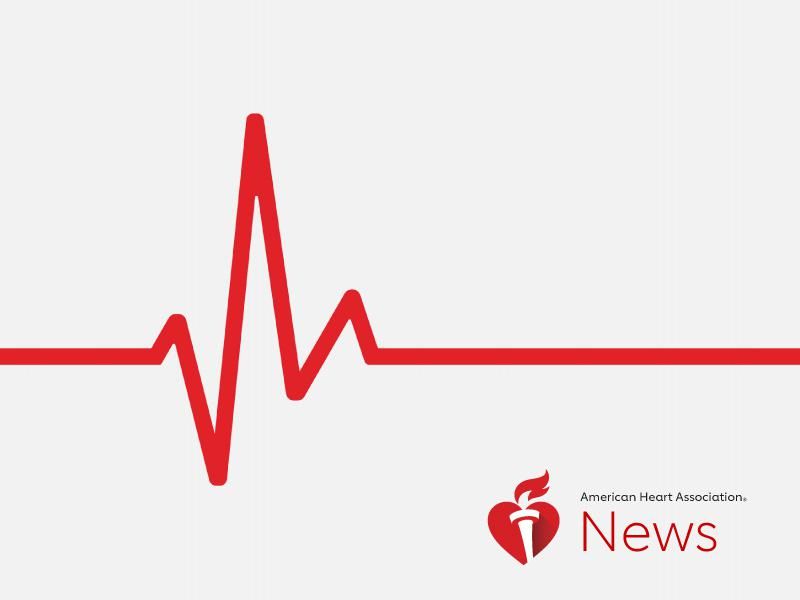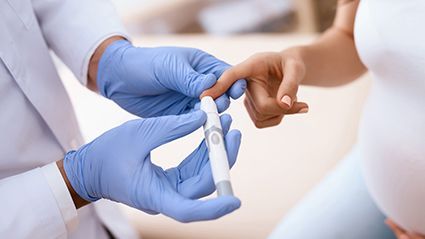
An inner-ear implant may help people with a debilitating balance disorder get steady on their feet again, an early study suggests. The study involved eight patients with bilateral vestibular hypofunction (BVH). The disorder arises from a problem in the balance system of both inner ears, leading to chronic dizziness and instability when standing or walking.… read on > read on >






























